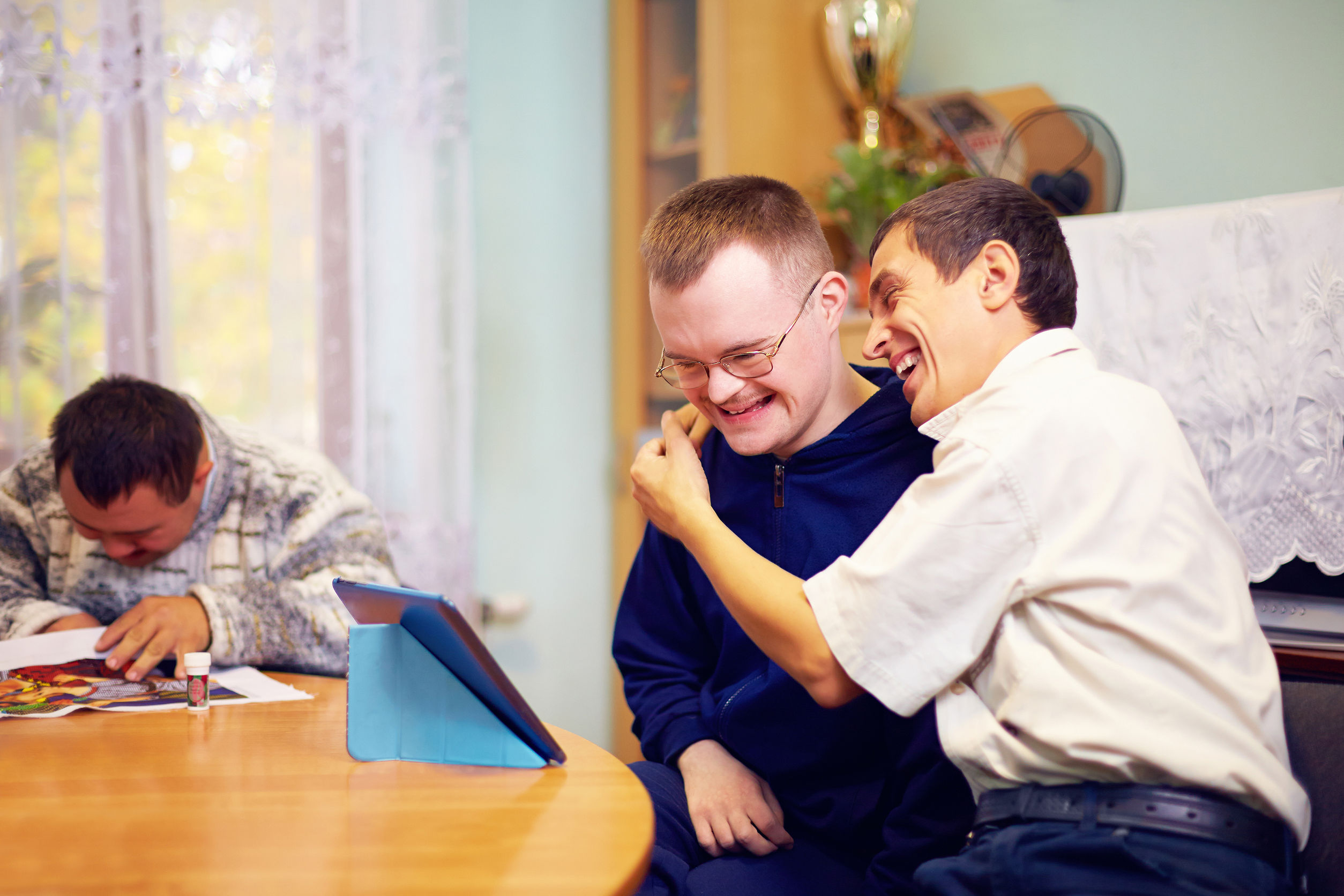Supported Decision-Making as an Alternative to Guardianship
November 15, 2017

When it comes to the question of guardianship for adults with autism and other developmental disabilities, there are many questions and concerns for families considering whether their family member needs a guardian. Under New Jersey law, a person reaches the age of majority (adulthood) at age 18, and is considered legally on their own, even if they require substantial assistance from family or others.
Is supported decision-making a better alternative to guardianship?
In supported decision making, an individual has the help of family members and others to consider their choices in various life situations, but there is no guardian who has legal decision-making authority. Advocates of supported decision-making believe that individuals with intellectual and developmental disabilities can better participate in the process when they are given appropriate help to understand their options and the pros and cons of the choices. They also believe that with consistent practice, many individuals can improve their decision-making skills as they move beyond adolescence into adulthood, thus making guardianship too restrictive for some.
Who is it right for and how do families decide whether seeking guardianship is the only alternative?
Advocates of supported decision-making maintain that although guardianship may be the right option for some individuals, it is often presented to families as the only option to protect the interests of their family member when less restrictive choices are available. They seek to inform families that full guardianship is among a continuum of options rather than the only choice available.
For example, The National Resource Center for Supported Decision-Making provides information about supported decision-making, including education about alternatives to guardianship, individual stories about successful supported decision-making and links to guardianship laws by state.
Is there a way to make some decisions for an individual but give them the freedom to make others?
Another question is whether supported decision-making truly provides individuals with more freedom of choice. According to an article published in the Penn State Law Review, supported decision making can be a viable alternative to guardianship, but there is a need for additional research to help guide supported decision-making policies and processes. Among the questions: can supported decision-making lead to an individual being coerced into certain decisions; do the processes lead to substantially different outcomes than those reached by surrogate decision making such as guardianship; and can training for both parties (the individual and supporter) improve the process and the outcomes.
There are many resources online to help families explore the potential for supported decision making and whether it makes sense for their family member. The Got Transition/Center for Health Care Transition created a fact sheet on decision making support and provides some “guiding questions” in deciding the level of support an individual may need.
If families decide that pursuing guardianship is the right option, Autism New Jersey’s article Understanding Guardianship provides more information on types of guardianship and the court process to establish it in the state of New Jersey. In addition, Autism New Jersey’s online referral database includes a list of attorneys who can assist with the process.
